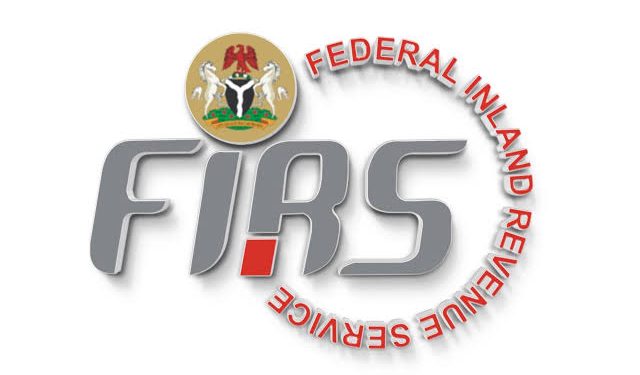The Federal Inland Revenue Service (FIRS) has cautioned businesses against attempting to conceal transactions following the rollout of the National E-Invoicing Solution (Merchant-Buyer Model), noting that transaction monitoring has now become more seamless and transparent.
The advisory was issued at a post-launch workshop held in Lagos for large taxpayers, where FIRS officials explained that the new system represents a digital shift in tax administration. The National E-Invoicing Solution replaces traditional paper and electronic documents with a standardised digital format that captures all transaction details, including supplier and buyer information, item descriptions, prices, quantities, taxes, and total amounts. It also enables real-time validation and secure storage of transactions.
According to the FIRS Tax Automation Department, every invoice generated under the new framework will carry a reference number to ensure traceability. The agency stressed that payment gateways are now mandated to report every transaction that passes through them, making it increasingly difficult for taxpayers to under-declare or hide invoices.
Officials noted that the system is being introduced in phases, with the deadline for full onboarding and invoice transmission extended by three months to November 1, 2025. The extension, they said, is meant to encourage voluntary compliance and allow businesses to complete integration and resolve system readiness issues ahead of enforcement.
The tax authority assured taxpayers that it would provide ongoing technical support, sector-specific engagement, and collaboration with service providers to speed up integration. It also announced plans to decentralise its support channels so that tax offices across the country are equipped to handle taxpayer queries directly.
Sixteen technology firms have been appointed as service providers to support onboarding, including Interswitch Limited, Remita Payment Limited, Etranzact International Plc, and Courteville Business Solutions, among others.
FIRS said the digital invoicing platform is central to its broader drive to modernise Nigeria’s tax system, enhance compliance, and strengthen revenue collection through transparency and automation.






![Call For Applications:Innova [Africa Future of Work and Entrepreneurship] Fellowship 2023 Innova [Africa Future of Work and Entrepreneurship] Fellowship 2023](https://msmeafricaonline.com/wp-content/uploads/2023/07/WhatsApp-Image-2023-07-03-at-8.01.03-AM.jpeg)



